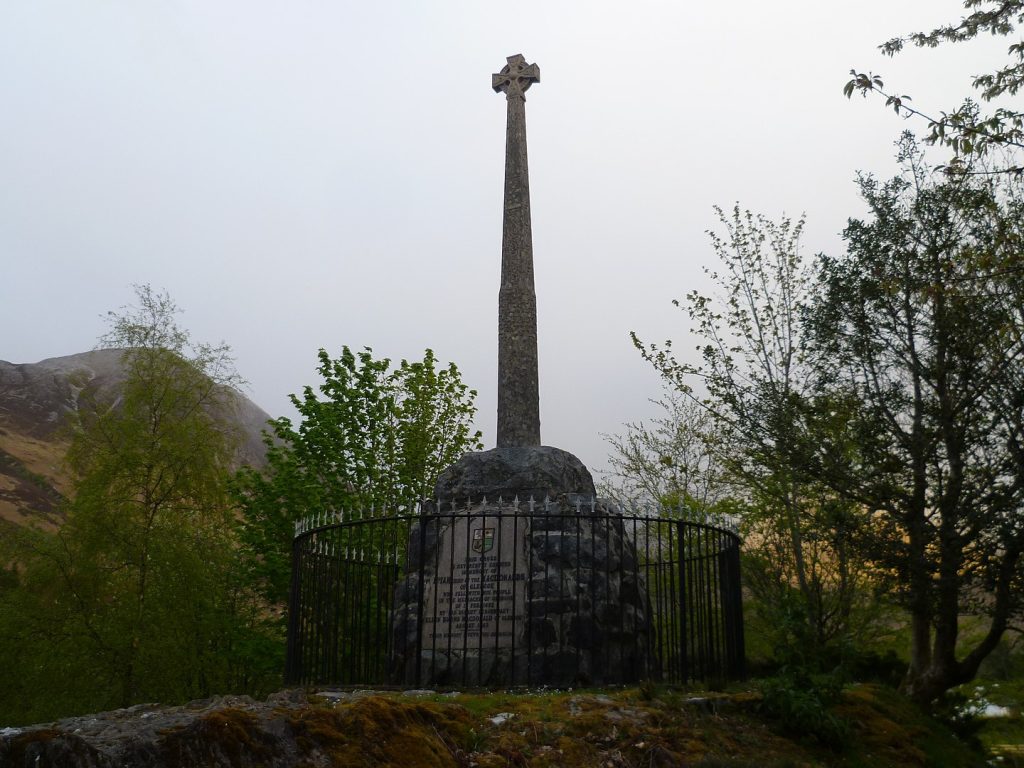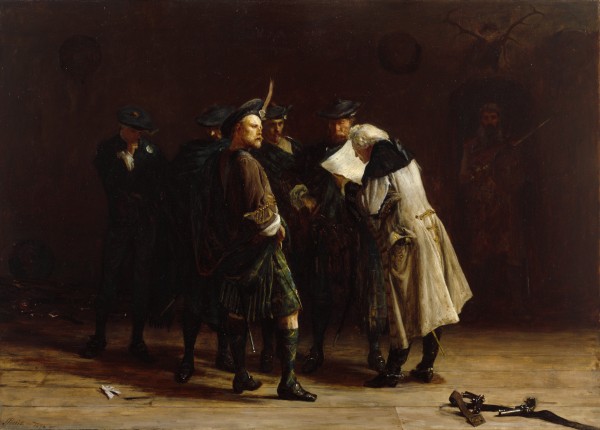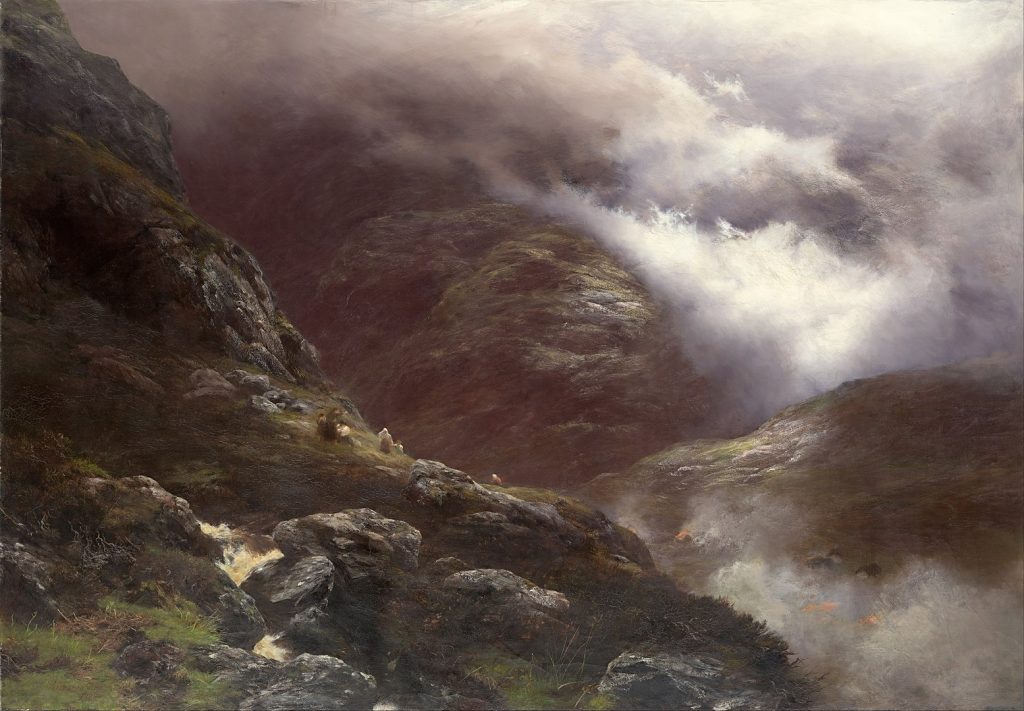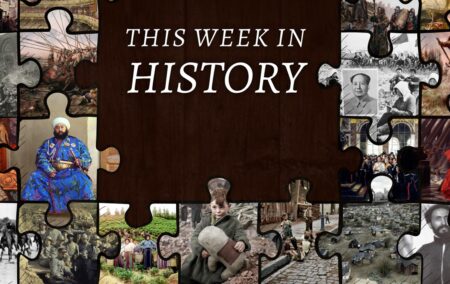This Week in History recalls memorable and decisive events and personalities of the past.
13th February 1692 – Massacre of Glencoe: Almost 30 MacDonalds at Glen Coe, Scotland are killed early in the morning for not promptly pledging allegiance to the new king, William of Orange.

In the aftermath of the Glorious Revolution in 1689, which you can read about in this edition of This Week in History, there remained much discontent within the British Isles about the sudden removal of the previous king. While rebellions to restore the Catholic monarchs were also carried out in England, much of the resistance to the new Protestant monarchs was centred in Scotland and Ireland.
The so-called ‘Jacobite’ rebels launched a rebellion in 1689, which was mostly crushed by the middle of 1690. The government of Scotland was now firmly behind King William of Orange, but in some of the more lawless parts of the Scottish Highlands some Jacobite sympathisers remained.

The Highland region of Lochaber was in particular a troubled and violent place, with the Scottish clans who lived there routinely raiding each other for loot and cattle.

The four main clans in this area were the Glencoe MacDonalds, the Keppoch MacDonalds, the MacGregors and the Camerons.
The Scottish government at this point was interested in negotiating with the remaining Jacobite chiefs to prevent a protracted struggle in the Highlands. In 1691 the last major force of Jacobite troops in Ireland was crushed by the Protestants and the Jacobites in Scotland began to lose hope.

The government offered a pardon to all the chiefs who swore the oath of allegiance to the new king before 1 January 1692. The chiefs realised that if they did not swear the oath they would likely be hunted down, and so wrote to their king (the Jacobite king James II), asking for permission to take the oath to King William unless James could quickly launch another invasion.
Realising he would have no supporters left if he refused, and lacking troops to invade, James II granted his chiefs permission to take the oath. This reply reached the Jacobite chiefs of the Glencoe MacDonalds on 23 December 1691, but due to infighting was not shared with every leader of the MacDonalds until the 28th. This meant that the oath was only taken after the deadline had passed, with some of the MacDonalds only taking the oath in February.
Some of the government-supporting nobles in the area did not trust these Jacobite chiefs and were looking for a reason to attack them; the late swearing of the oath granted them in their minds permission to carry out an attack on the MacDonalds of Glencoe, and make an example of them.
On 12 February 1692, 920 Scottish government troops arrived in two groups at either entrance to Glen Coe and received orders to move through the MacDonalds’ settlement burn, all the buildings and kill everyone they could.
Early in the morning of 13 February the government troops attacked, killing 30 MacDonalds as well as burning almost all the property. Many escaped the killing, as the two groups of government troops did not coordinate properly and so room was left open for many to flee.
At first the killings elicited little outrage, with many in Scotland believing the MacDonalds little more than a thieving tribe or simply rebels, but due to the lifting of printing licensing laws, by 1695 political pamphlets were widespread in denouncing the killings and began to build public outrage. As a result, a commission of enquiry was established. Thought this commission found that the officials who had ordered the killings were to blame for exceeding their orders, they received little punishment.

The massacre became a rallying cry for the Jacobite cause and would be referenced again and again by the Jacobites in their political messaging, with the minutes of the enquiry being printed in Scottish papers by the Jacobites as late as 1745.
If you like what you have just read, support the Daily Friend

